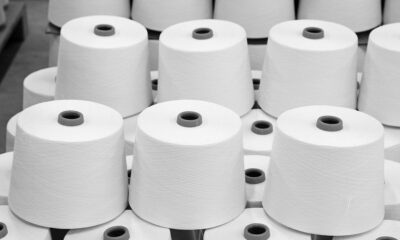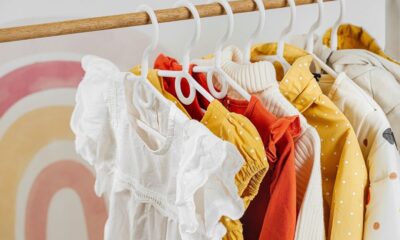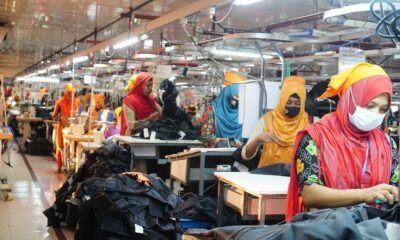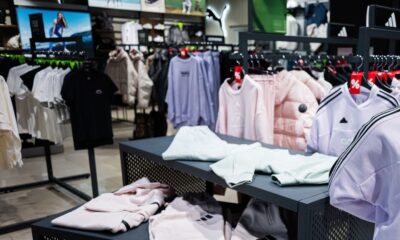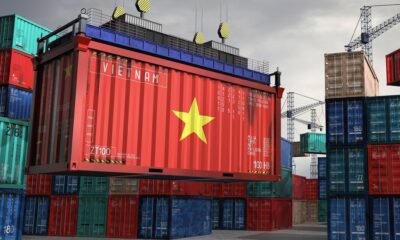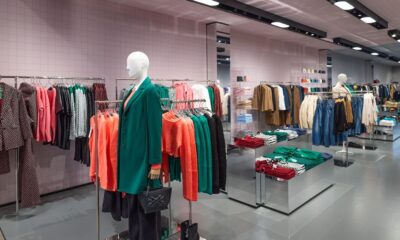Fashion
Bestseller CEO’s Klarna stake drives $1.7 billion investment comeback
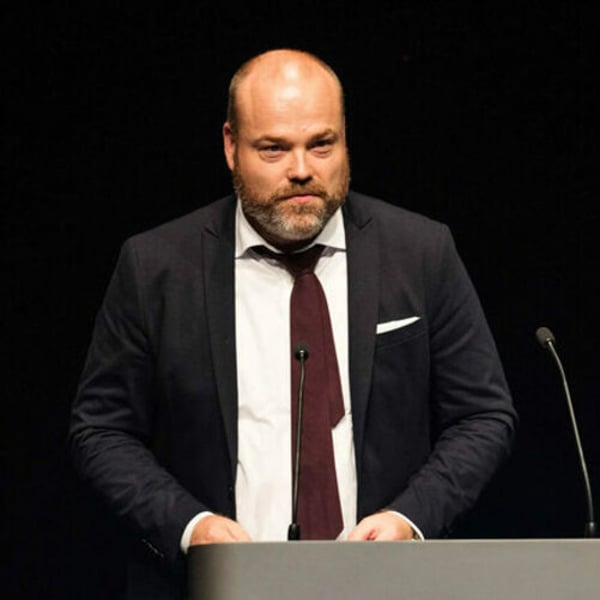
By
Bloomberg
Published
September 11, 2025
Anders Holch Povlsen has accumulated stakes in listed online retailers, banks, and other finance firms over the past two decades, while overseeing one of the world’s largest closely held fashion fortunes.
But it’s a lucrative bet on Klarna Group Plc that’s currently driving the 52-year-old billionaire’s wealth revamp.
Povlsen, chief executive officer of Danish clothing retailer Bestseller, is among the biggest winners from the initial public offering of the financial technology company, which began trading Wednesday in New York and closed almost 15% above its offering price of $40 per share.
He now owns a roughly $1.4 billion stake in the Swedish business, making it his largest holding in a publicly traded company, while also cashing in at least $250 million from the offering, which priced above the marketed ranges, according to Bloomberg calculations. Povlsen has overall gains of more than 600% from his investment in the provider of buy-now, pay-later financing, taking the value of his disclosed holdings in listed companies to about $2.5 billion, the calculations show.
A representative for Povlsen — who has a total net worth of $6.9 billion, according to the Bloomberg Billionaires Index — didn’t immediately respond to requests for comment.
Despite Klarna’s current valuation falling well below its 2021 peak of $45.6 billion, Povlsen’s investment underscores one of his most successful efforts to diversify a family fortune that began five decades ago, when his parents founded Bestseller as a women’s clothing store in a small Danish town.
Povlsen acquired a 10% stake in Klarna in mid-2017 through his family office, Heartland, just weeks before the fintech was valued at approximately $2.3 billion. He earlier used the investment firm to acquire holdings in e-commerce fashion sites Zalando SE and ASOS Plc. Heartland’s other listed assets include Funding Circle Holdings Plc, a London-based lending platform that has struggled since its initial public offering in 2018.
While also a major landowner in Scotland, most of Povlsen’s fortune remains tied up in Bestseller, where he first began working as a teenager before taking over from his parents as owner and managing director in 2001.
In a rare interview this year to mark Bestseller’s 50th anniversary, Povlsen said he originally wanted to start an e-commerce firm before deciding to work in the family business, underscoring his long-standing interest in the sector that Klarna has helped transform since its own creation in 2005.
“My parents did everything they could to dissuade me from following in their footsteps,” he told the Spin Off fashion magazine. “The more they tried, the more my interest in Bestseller grew.”
Other winners in Klarna’s IPO include the founders Victor Jacobsson, Niklas Adalberth, and Sebastian Siemiatkowski, who’s also its CEO. They cashed in at least $50 million of their combined holdings in the oversubscribed IPO, which valued the company at approximately $15 billion, according to filings.
The three now control overall stakes worth more than $2 billion in Klarna, a company that has evolved from a European clone of PayPal Holdings Inc. to one of the world’s biggest providers of short-term consumer loans as it seeks to disrupt the banking sector.
“You have to be willing to push the envelope,” Siemiatkowski said in an interview Tuesday with Bloomberg News.
Fashion
APAC freight market sees short-term surges, long-term overcapacity: Ti
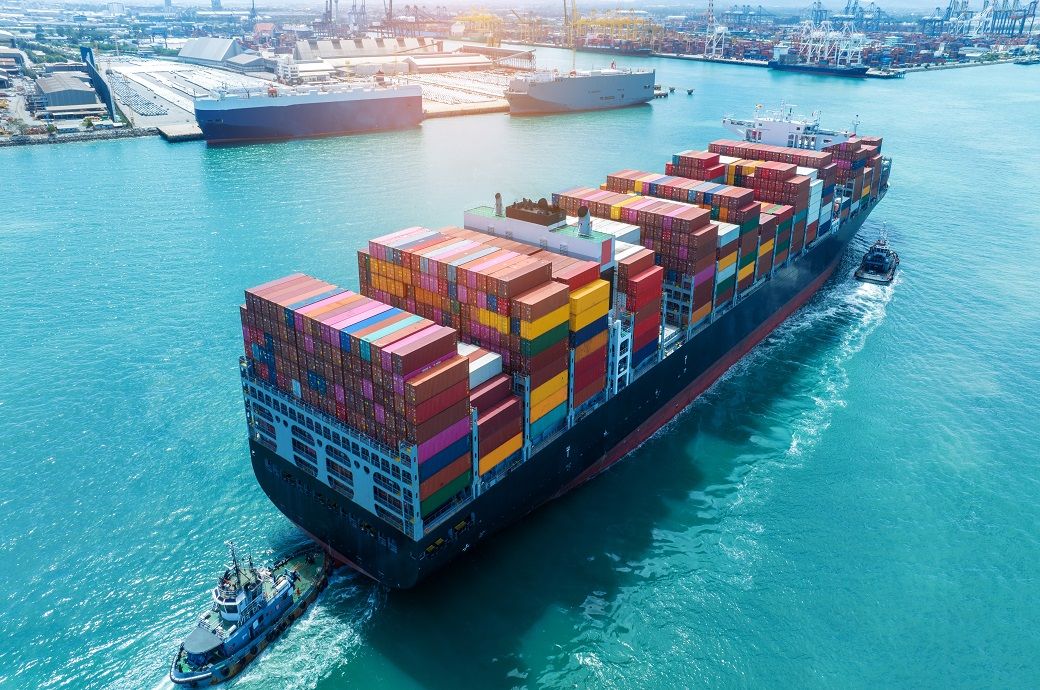
While rates initially jumped in early January, weak underlying demand and the potential return of vessels to the Suez Canal are creating a volatile environment for shippers, it noted.
Carriers pushed through general rate increases (GRIs) in early January this year, briefly lifting China-to-US West Coast rates above $3,000 per forty-foot equivalent unit (FEU). However, these hikes were largely unsustainable due to weak volumes, with rates quickly correcting to the $1,800-$2,200 range by mid-month, the logistics and supply chain market research firm said in an insights brief.
Asia’s ocean freight market is navigating short-term seasonal surges and long-term structural overcapacity, Ti said.
Asia’s air freight market is seeing a significant ‘post-peak’ correction following a record-breaking end to 2025.
Warehousing capacity in the Asia-Pacific is under severe strain in late January as manufacturing slows and labour shortages emerge ahead of the Lunar New Year.
Seasonal demand ahead of the Lunar New Year (starting mid-February 2026) has pushed North Europe rates to roughly $2,700 per FEU as of mid-January. This is a significant recovery from the October 2025 lows of $1,300 per FEU.
Despite a peak ahead of the holiday, Intra-Asia rates have begun to ‘cool’ in mid-January, settling at an average of $661 per 40-feet container as new services and capacity entered the market.
The Asian air freight market is witnessing a significant ‘post-peak’ correction following a record-breaking end to 2025. While rates have dropped sharply from their December highs, demand remains resilient in key high-tech sectors, and a ‘mini-peak’ is expected in late January ahead of the Lunar New Year.
Spot rates from major hubs like Hong Kong and Shanghai fell significantly in early January as year-end peak season demand evaporated.
Despite the rate correction, global air cargo tonnages jumped by 26 per cent in the first full week of January 2026 compared to the end-of-year slump, with the Asia-Pacific region seeing an 8 per cent year-on-year (YoY) increase in chargeable weight.
Volumes from Southeast Asia to the United States rose by 10 per cent YoY in early January, driven by importers continuing to diversify sourcing away from China.
Warehousing capacity in the Asia-Pacific is under severe strain in late January as manufacturing slows and labour shortages emerge ahead of the Lunar New Year.
India closed 2025 with 36.9 million sq ft of warehouse leasing (16-per cent YoY growth), a trend continuing into early 2026 with high demand in Delhi National Capital Region and Chennai.
After a period of oversupply, development pipelines are expected to drop by a third by 2027, making 2026 a critical ‘inflection point’ for occupiers to secure quality space before terms tighten again.
Fibre2Fashion (DS)
Fashion
Vietnam textile-garment sector targets $50 mn in exports in 2026
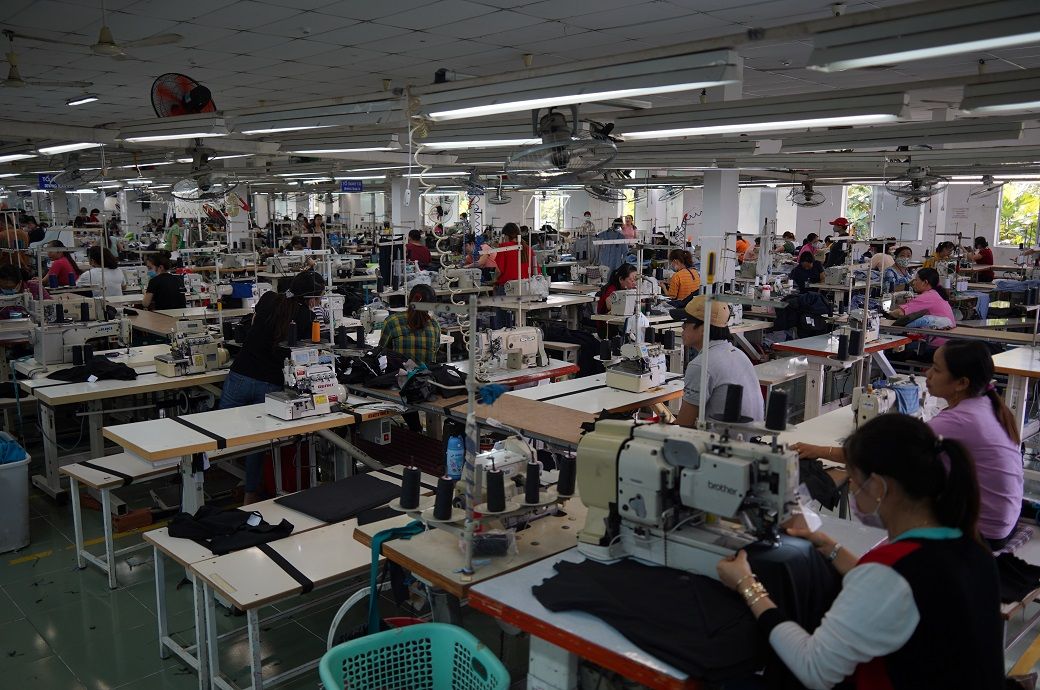
The goal, however, is challenging due to external pressures, including stricter technical barriers, reciprocal tariffs on goods exported to the United States, and the European Union’s Carbon Border Adjustment Mechanism (CBAM) for selected industrial products.
Therefore, major export industries in the country have started restructuring and adjusting strategies early in the year to seize market opportunities.
Following a record export value of $475 billion achieved in 2025—up by 17 per cent YoY—Vietnam aims at adding nearly $38 billion to the figure in 2026.
Major export industries in the country have begun restructuring and adjusting strategies early in the year to seize market opportunities.
The textile and garment sector, which earned $46 billion in 2025, has set a target of $50 billion in exports in 2026.
The textile and garment sector, which earned $46 billion in 2025, has set a target of $50 billion in exports in 2026.
The sector is focusing on strengthening domestic supply chains, raising localisation rates and making more effective use of free trade agreements (FTAs), Vu Duc Giang, chairman of the Vietnam Textile and Apparel Association (VITAS), was cited as saying by a domestic media outlet.
Exports may grow by 15-16 per cent this year, driven by market expansion and a shift towards higher-value products, according to MB Securities’ Vietnam Outlook 2026 report.
Fibre2Fashion (DS)
Fashion
Netherlands’ goods exports to US fall 4.7% in Jan-Oct 2025
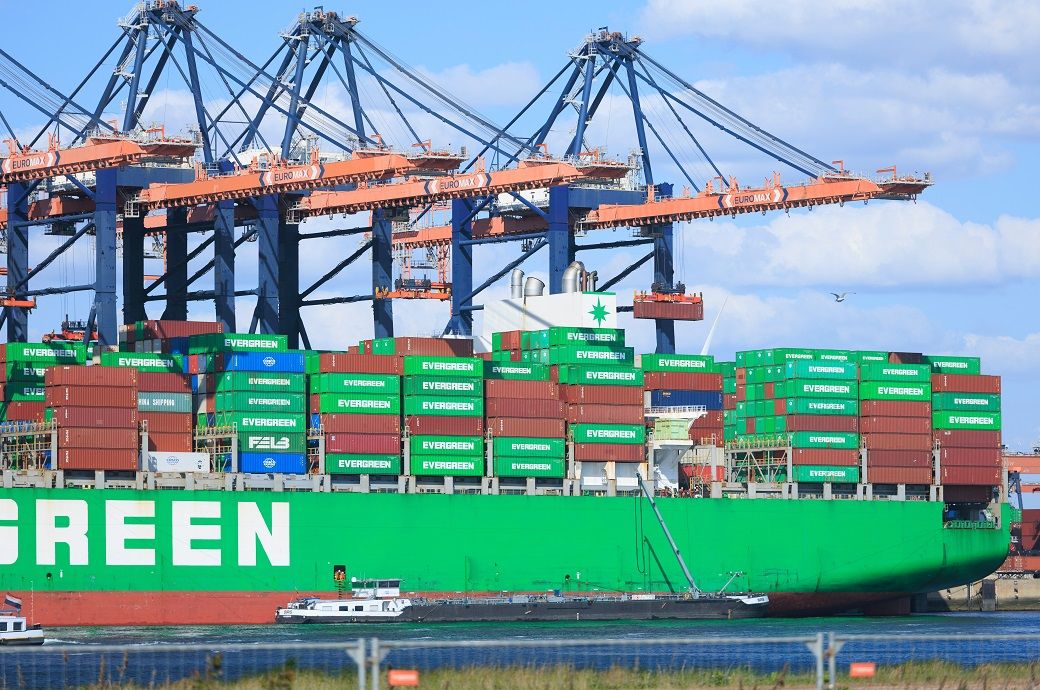
The data showed that the decline was driven mainly by weaker domestic exports, with goods produced in the Netherlands down 8 per cent YoY. In contrast, re-exports to the US rose 3.9 per cent during the period. Exports to the US have fallen every month on a YoY basis since July, CBS said in a press release.
Trade flows were influenced by uncertainty around US import tariffs. In the first half of 2025, trade between the two countries continued to grow, possibly as companies advanced shipments ahead of announced tariff measures.
Goods exports from the Netherlands to the United States fell 4.7 per cent YoY to €27.5 billion (~$33 billion) in the first ten months of 2025, driven by an 8 per cent drop in domestic exports, according to CBS.
Re-exports rose 3.9 per cent, while tariff uncertainty weighed on trade.
Imports from the US increased 1.9 per cent to €48.1 billion (~$57.7 billion).
Meanwhile, imports from the United States rose 1.9 per cent YoY to €48.1 billion (~$57.7 billion) in the first ten months of 2025.
Fibre2Fashion News Desk (SG)
-

 Sports6 days ago
Sports6 days agoPSL 11: Local players’ category renewals unveiled ahead of auction
-

 Entertainment5 days ago
Entertainment5 days agoClaire Danes reveals how she reacted to pregnancy at 44
-

 Tech1 week ago
Tech1 week agoICE Asks Companies About ‘Ad Tech and Big Data’ Tools It Could Use in Investigations
-

 Business6 days ago
Business6 days agoBanking services disrupted as bank employees go on nationwide strike demanding five-day work week
-

 Sports5 days ago
Sports5 days agoCollege football’s top 100 games of the 2025 season
-

 Fashion1 week ago
Fashion1 week agoSpain’s apparel imports up 7.10% in Jan-Oct as sourcing realigns
-

 Politics1 week ago
Politics1 week agoFresh protests after man shot dead in Minneapolis operation
-

 Business1 week ago
Business1 week agoShould smartphones be locked away at gigs and in schools?


